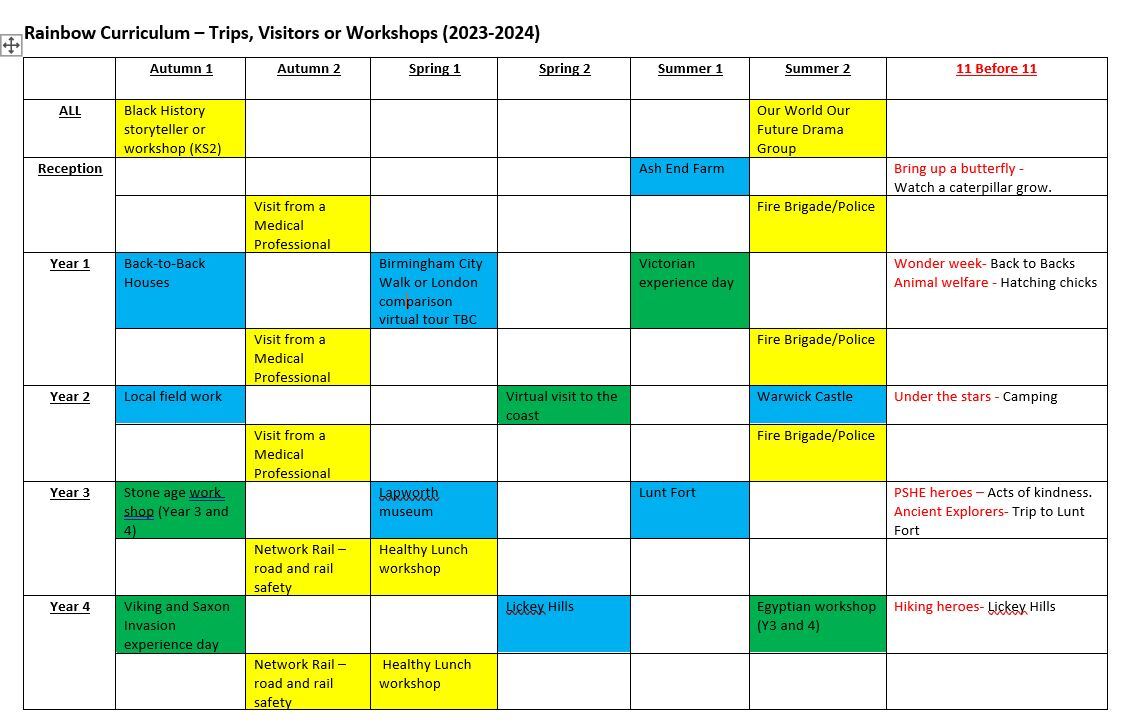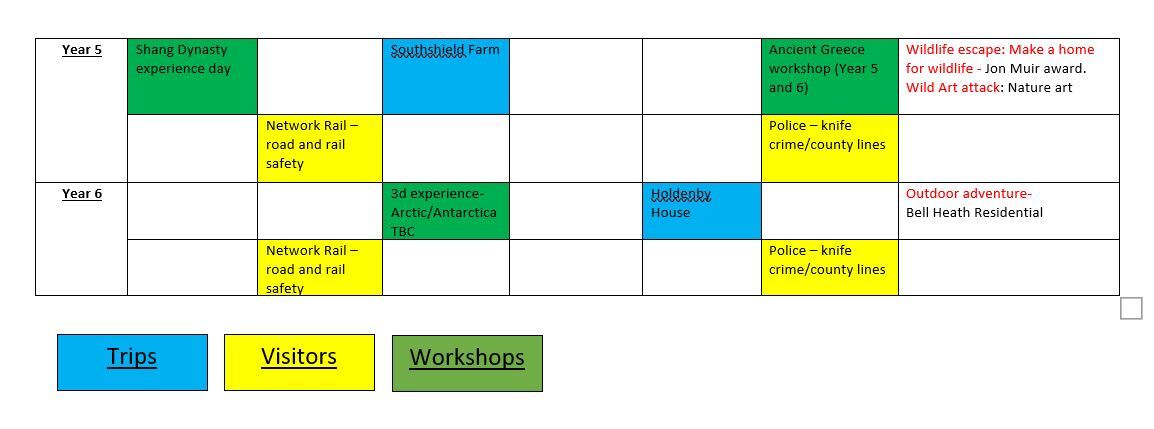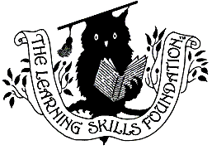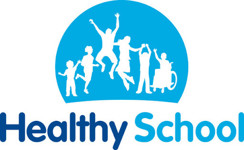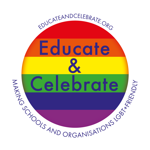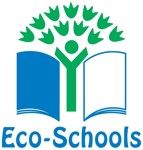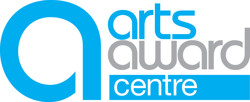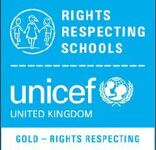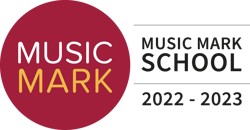- Home
- Curriculum
- Personal Development
Personal Development
Gossey Lane Academy is committed to serving its community. It recognises the multi-cultural, multi faith and ever-changing nature of the United Kingdom. It also understands the vital role it has in ensuring that groups or individuals within the school are not subjected to intimidation or radicalisation by those wishing to unduly, or illegally, influence them. Gossey Lane's curriculum extends beyond the academic in an aim to support pupils to develop in many diverse aspects of life.
It follows equal opportunities guidance which guarantees that there will be no discrimination against any individual or group, regardless of faith, ethnicity, gender, sexuality, political or financial status, or similar. Gossey Lane Academy is dedicated to preparing students for their adult life beyond the formal examined curriculum and ensuring that it promotes and reinforces British values to all its students.
The academy uses strategies within the National curriculum and beyond to secure such outcomes for students. Gossey Lane Academy strives endlessly to ensure that its students leave with the strongest foundation of values upon which to build a successful life and a successful contribution to our Society.
Gossey Lane provides opportunities to develop children’s social, moral and cultural development. The curriculum and our wider work supports our pupils to be confident, resilient and independent and develops strength of character.
We use a range of approaches to achieve this aim:
British Values
The five British Values are:
- Democracy
- The rule of law
- Individual liberty
- Mutual respect
- Tolerance of those of different faiths and beliefs
The academy uses strategies within the National curriculum and beyond to secure such outcomes for students. Gossey Lane Academy strives endlessly to ensure that its students leave with the strongest foundation of values upon which to build a successful life and a successful contribution to our Society.
Rights Respecting
We are proud to announce that Gossey Lane have successfully achieved Unicef UK Gold award for our rights-respecting work. Rights are now embedded across all of school life.

What’s Next for Gossey?
We now need to develop our pupil voice further through campaigning for rights.
Having achieved Gold: Rights Respecting means there is evidence that:
- our school has explicitly adopted a child rights approach based on the United Nations Convention on the Rights of the Child and has embedded it in school policy, practice and culture.
- children, young people and adults in our school have a thorough understanding of child rights, and rights respecting attitudes and language are embedded across the school.
- RRSA has had a positive impact on children and young people’s learning and wellbeing.
- our students see themselves as rights respecting global citizens and are advocates for social justice, fairness and children’s rights at home and abroad.
What is the Rights Respecting Schools Award?
The Unicef UK Rights Respecting Schools Award (RRSA) supports schools across the UK to embed children’s human rights in their ethos and culture.
The award recognises achievement in putting the UN Convention on the Right of the Child (UNCRC) at the heart of a school’s practice to improve well-being and help all children realise their potential.
The award is based on principles of equality, dignity, respect, non-discrimination and participation.
The initiative started in 2006 and schools involved in the Award have reported a positive impact on relationships and well-being, leading to better learning and behaviour, improved academic standards and less bullying.
What does the Award involve?
The Right Respecting Schools Award recognises achievement in putting the United Nations Convention on the Rights of the Child (CRC) at the heart of a school’s planning, policies, practice and ethos.
For a school to receive accreditation, it must evidence that it has reached the three RRSA Strands.
- Strand A: Teaching and learning about rights
- Strand B: Teaching and learning through rights – ethos and relationships
- Strand C: Teaching and learning for rights – participation, empowerment and action
Schools involved in the Rights Respecting Schools Award work towards three levels;
Bronze - Rights Committed: Rights Committed is the first stage of the Rights Respecting Schools Award (RRSA). To find out more about the Bronze Award click here.
Silver - Rights Aware: Rights Aware is the second stage of the Rights Respecting Schools Award (after Bronze: Rights Committed). To find out more about the Silver award click here.
Gold - Rights Respecting: Rights Respecting is the highest stage of the Rights Respecting Schools Award (after Bronze: Rights Committed and Silver: Rights Aware). It is granted by Unicef UK to schools that have fully embedded children’s rights throughout the school in its policies, practice and ethos, as outlined in the three RRSA Strands. To find out more about Gold award click here.
More Information
For more information about the Rights Respecting Schools Award please visit; https://www.unicef.org.uk/rights-respecting-schools/
School Values
Equality Act
Our school aims to meet its obligations under the public sector equality duty by having due regard to the need to:
- Eliminate discrimination and other conduct that is prohibited by the Equality Act 2010
- Advance equality of opportunity between people who share a protected characteristic and people who do not share it
- Foster good relations across all characteristics – between people who share a protected characteristic and people who do not share it
What is the Public Sector Equality Duty (the PSED)?
The Public Sector Equality Duty requires public bodies to promote equality. The relevant protected characteristics are-
- age
- disability,
- gender reassignment
- pregnancy and maternity
- race
- religion or belief
- sex
- sexual orientation
This document meets the requirements under the following legislation:
- The Equality Act 2010, which introduced the public sector equality duty and protects people from discrimination
- The Equality Act 2010 (Specific Duties) Regulations 2011, which require schools to publish information to demonstrate how they are complying with the public sector equality duty and to publish equality objectives
This document is also based on Department for Education (DfE) guidance: The Equality Act 2010 and schools.
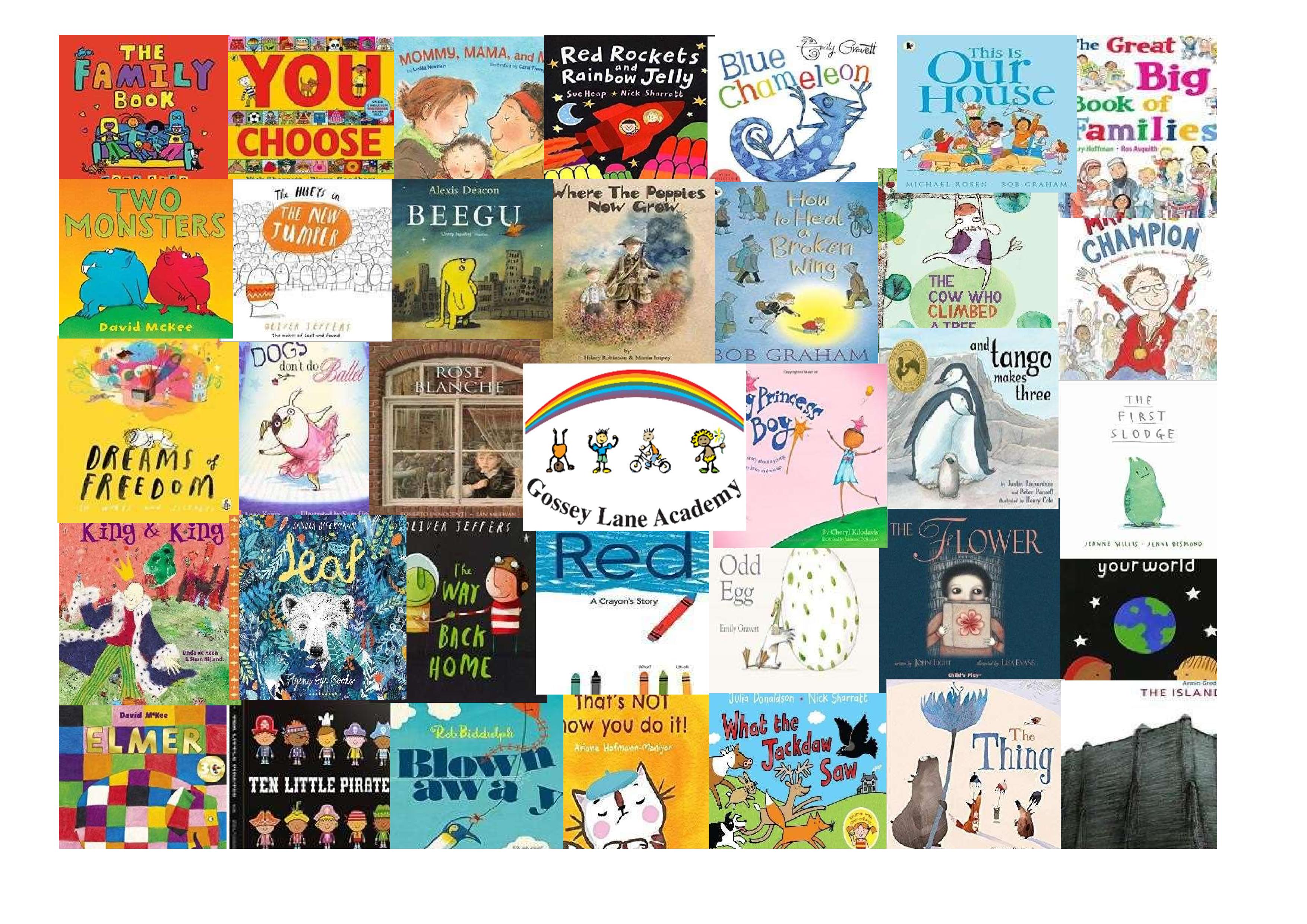
SMSC
All National Curriculum subjects provide opportunities to promote pupils' spiritual, moral, social and cultural development. Explicit opportunities to promote pupils' development in these areas are provided within religious education and personal, social and health education (PSHE). A significant contribution is also made by the school ethos and values, other curriculum activities, trips and visits and assemblies.
Spiritual development
Children’s spiritual development involves the growth of their sense of self, their unique potential, their understanding of their strengths and weaknesses, and their will to achieve. As their curiosity about themselves and their place in the world increases, they try to answer for themselves some of life's fundamental questions. They develop the knowledge, skills, understanding, qualities and attitudes they need to foster their own inner lives and non-material wellbeing.
Moral development
Moral development involves children acquiring an understanding of the difference between right and wrong and of moral conflict, a concern for others and the will to do what is right. They are able and willing to reflect on the consequences of their actions and learn how to forgive themselves and others. They develop the knowledge, skills and understanding, qualities and attitudes they need in order to make responsible moral decisions and act on them.
Social development
Social development involves children acquiring an understanding of the responsibilities and rights of being members of families and communities (local, national and global), and an ability to relate to others and to work with others for the common good. They display a sense of belonging and an increasing willingness to participate. They develop the knowledge, skills, understanding, qualities and attitudes they need to become active citizens within their community.
Cultural development
Cultural development involves children acquiring an understanding of cultural traditions and heritage, and the ability to appreciate and respond to ‘the arts’. The children will acquire a respect for their own culture and that of others, an interest in others' ways of doing things and curiosity about differences. They develop the knowledge, skills, understanding, qualities and attitudes they need to understand, appreciate and contribute to culture.
11 Before 11
11 before 11 takes our children beyond the usual, to open opportunities in life and inspire them to move forward in their own life’s adventure. We are incredibly proud of 11 before 11.
It is essential that our children can read, write and add up to the level that you would expect for their age, but Gossey lane school has always been about so much more. Think back – what do you remember about your primary school days? Was it phonics lessons or learning how to do long division? Or was it a brilliant school trip where you camped under the stars in Wales? Or built a raft and crossed a lake? Or built and launched rockets from the playground? These types of great opportunity – the memorable experiences that cement themselves into your psyche – happen in every school. What’s different for us is that we consciously codify it into a set of promises so that it becomes something that EVERY child is entitled to.
And “11 before 11” is the way we do this; it’s a set of promises that help our children to be in the driving seat in their own lives. They are a series of seminal experiences that we want every child in the Gossey family to have experienced before they leave us to go to secondary school aged 11. We are ambitious for our children to have broad horizons in life and high aspirations for themselves. We want our children to be inspired and challenged so that each one can develop their unique potential to the full.
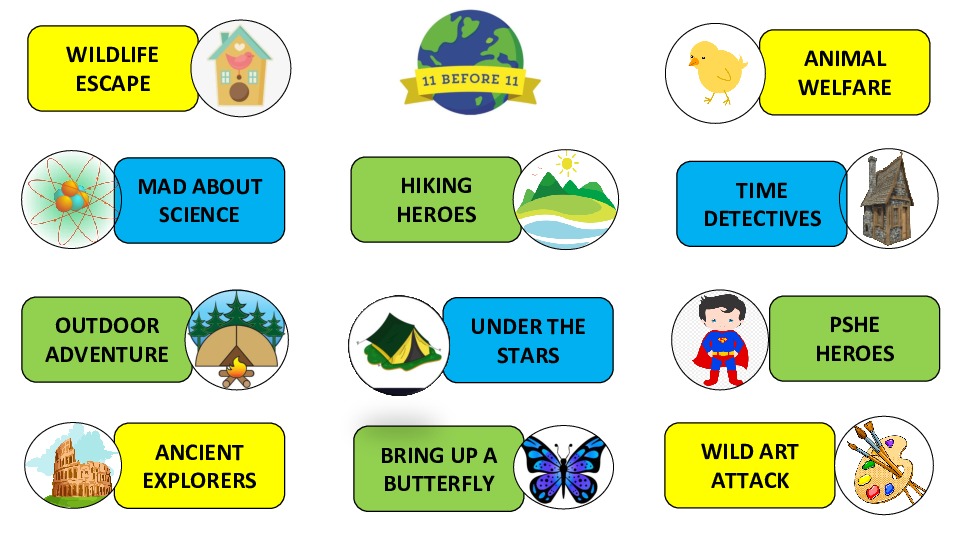
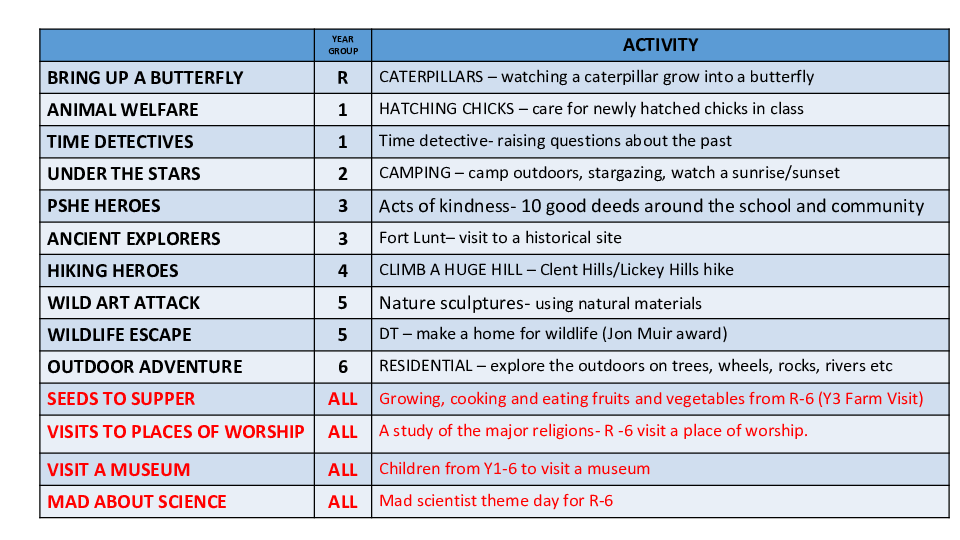
Trips, Visitors and Workshops
Focus days
| Date | Focus days |
|---|---|
| September 2023 | Global Goals Week |
| October 2023 | National Poetry Day, Black History Week, Diwali, Red card to Racism, World Mental Health day |
| November 2023 | Children in Need, Remembrance Day, Inter Faith week, Anti-bullying week, Safety week |
| December 2023 | Christmas, Hanukkah |
| January 2024 | COP 28, Big Energy Saving week |
| February 2024 | Internet Safety Day, Fair trade, National Story Telling Week, World Read Aloud Day |
| March 2024 | Comic Relief, World Book Day, Mother's Day, World Poetry Day, Neurodiversity Week |
| April 2024 | Easter, St George's Day, Eid Ul Fitr, Stephen Lawrence day, World Earth day |
| May 2024 | Mental Health Awareness Week |
| June 2024 | Eid Ul Adha, Healthy Eating Week, World Ocean Day, World Environment Day, World Refugee Day |
| July 2024 | Mad Science Day |
Votes For Schools
Votes For Schools provides weekly resources to prompt discussion on a challenging current issue.
Children vote and comment and we ensure that their voices are heard and have an impact.
We have weekly assemblies and discussion sessions where children are allowed to share their thoughts and ideas around issues raised in the news and media.

